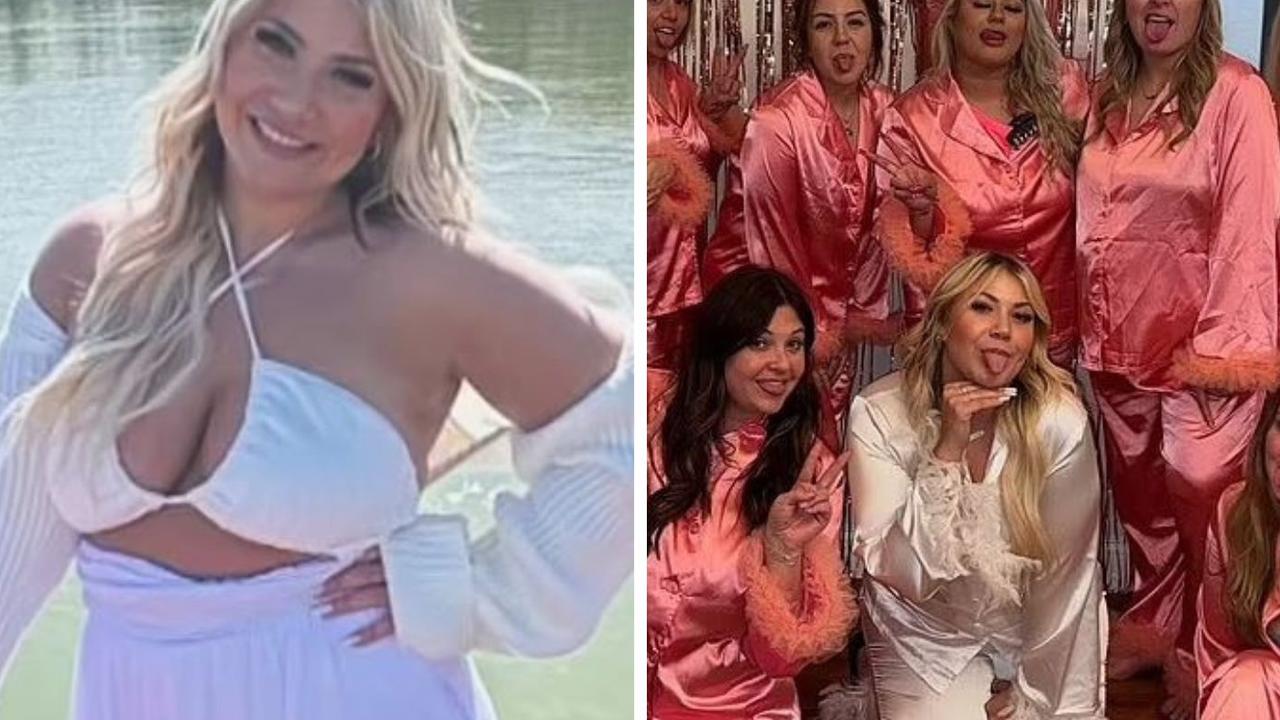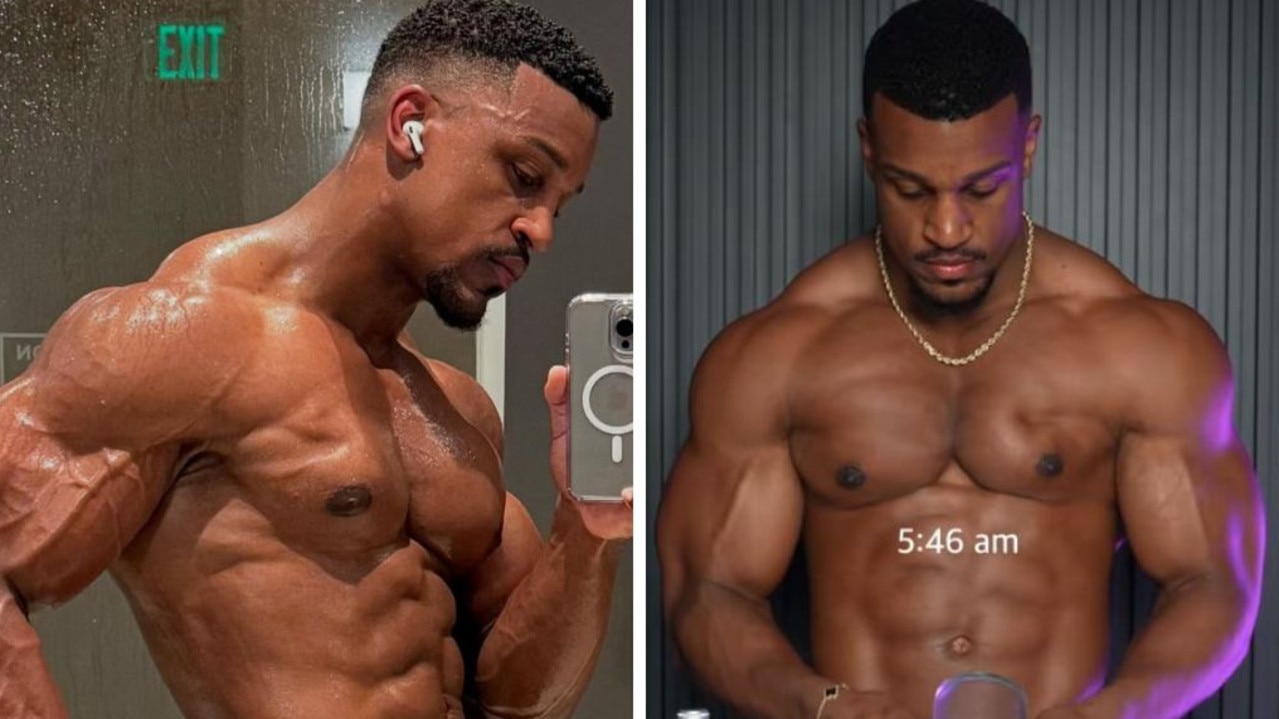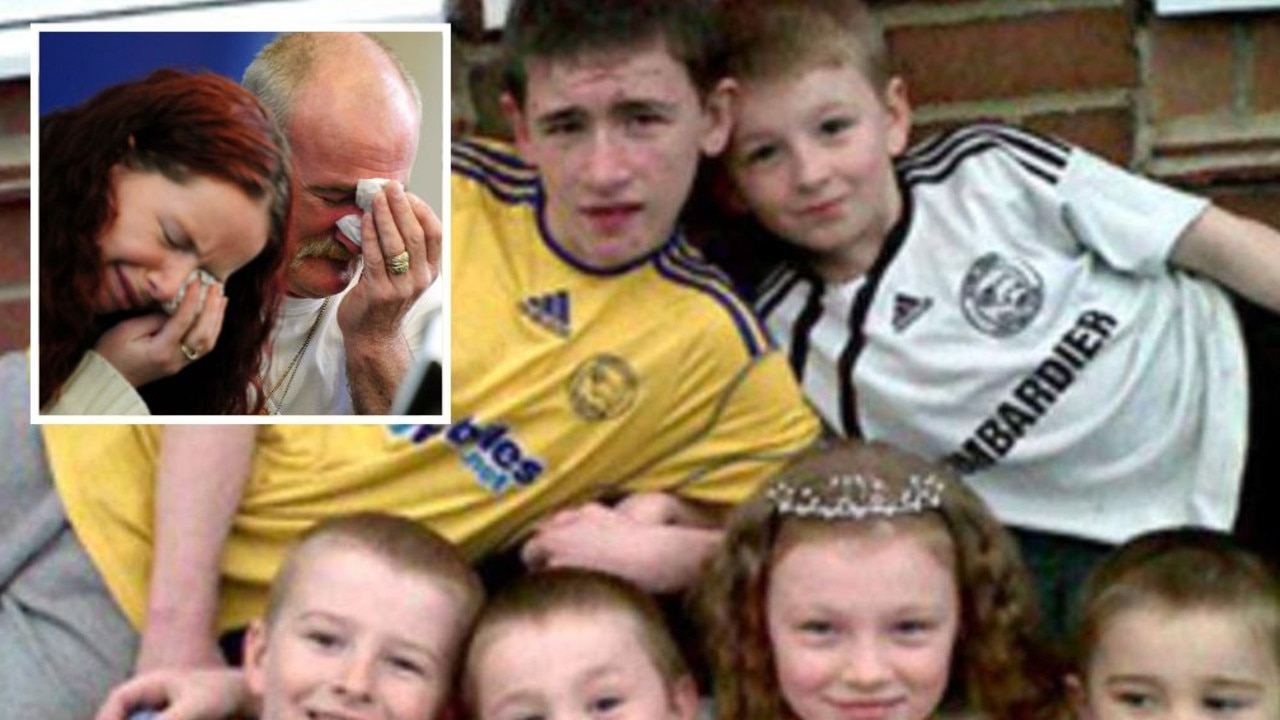‘This is Pink Batts on steroids’: The national shame that dare not speak its name
AUSTRALIA is facing a looming disaster that will be “Pink Batts on steroids” and an insider is blowing the whistle to save kids from abuse.
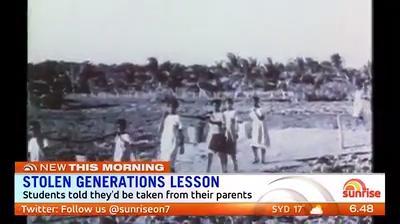
FAMILY: It’s supposed to be the core of society, the thing that protects our children and keeps them safe from harm.
But what happens when the family is the one causing the harm? And what happens when the government steps in and instead of taking the children away, sends them back to the same family that abused them?
This is the national shame that dare not speak its name, because it was born of another national shame. The shadow of the Stolen Generation looms so large over our governments that authorities are now placing children at risk of abuse because they are too scared to be seen as repeating the sins of the past.
And insiders believe the problem has been turbocharged by the mass outsourcing of child protection work to outside organisations.
Now a veteran foster carer is warning that child protection services are facing a looming disaster that will be “Pink Batts on steroids” and she has decided to blow the whistle to news.com.au in an effort to save children from abuse.
The outsourcing has also prompted the Labor Party to introduce new landmark legislation that would force the Auditor-General to investigate all child protection providers in Australia’s largest state.
Denise Crisp is a former president of the Foster Care Association NSW and finalist for NSW Woman of the Year but has warned that the effective “privatisation” of child protection services, combined with different rules for indigenous and non-indigenous kids, is creating a perfect storm that will put more children in harm’s way.
The first issue, she says, is authorities focusing on either keeping abused or at-risk indigenous children with their parents or, failing that, with other family members, which puts them at risk of similar environments or their parents still having access to them. Unlike for non-indigenous kids, there is a bias against putting them in permanent foster care.
“This is clearly discrimination regarding indigenous children and justified by promoting cultural or country reasons,” Denise says.
In one case, an indigenous baby we shall call “Hannah” was removed from her at-risk biological parents at birth and temporarily placed with very experienced carers who wanted to keep her in permanent care until she was 18.
Yet despite these carers being indigenous, the guidelines meant they couldn’t take her unless all family avenues had been exhausted. As a result she was instead placed with her aunt. Three months later Hannah was admitted to hospital with horrific injuries and her aunt’s partner has now been charged with her assault. She was 11 months old.
In another case, a baby we’ll call “April” was removed at birth from her biological parents, who had a long drug and criminal history, and placed with the mother’s mother. It was later discovered during a police raid that the grandmother had been simply leaving April with the very same mother she had been removed from for her safety. The baby girl was found unsupervised by her supposed legal guardian in a home surrounded by drugs, alcohol and domestic violence.
As a result authorities then removed her from her grandmother’s care and placed her with another family member: The grandmother’s sister.
In yet another case, a mother had three children (to different fathers) and Denise was contacted by a carer concerned for their safety. The youngest child was so skeletal that a doctor reportedly warned that if he wasn’t removed from the family within a week “he’ll be coming out in a body bag”. He was 18 months old.
Following a direct approach to the then-minister for community services, all three children were removed, as was another baby she gave birth to soon afterwards. The 18-month-old was returned to his father’s care and the other three were placed in kinship care with two highly respected Aboriginal women, one of whom was a cousin of the mother.
The children thrived, however after three years the Department of Family and Community Services as well as the NGO handling the case went to court to have the children sent back to their mother. And they were.
NSW is the worst state in Australia when it comes to the number of kids in out of home care, with around one in 100 kids in court-ordered statutory care. Only the Northern Territory has a higher rate, of 16 out of 1000 or 1.6 per cent.
Denise estimates that around 40 per cent of kids in out of home care are indigenous, and while the number of non-indigenous children is staying relatively stable, the number of Aboriginal kids entering care this year has “skyrocketed”.
She has welcomed reforms announced earlier this year by Premier Gladys Berejiklian and Minister Pru Goward to focus on getting abused kids into permanent “forever” homes, however the new guidelines do not apply to indigenous kids.
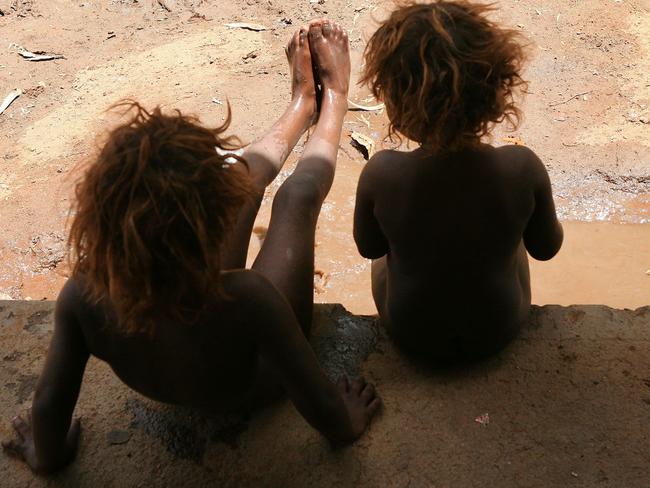
“These ‘steps’ are very positive steps and very welcomed but are not promoted for or supported in relation to Aboriginal/indigenous children in OOHC,” she told news.com.au.
“The main reason for that is based around ‘political correctness’ and the Stolen Generation.
“The sad fact is for many indigenous people, historically there is evidence of two and three generations entering the child protection system due to a long history of abuse/neglect and living in dysfunctional family units.”
However Aboriginal groups still oppose placing children under guardianships or adopting them out because of cultural reasons and because the scars of the Stolen Generation are so raw.
The peak body in the field, the Aboriginal Child, Family and Community Care State Secretariat says it is vital that Aboriginal groups deal with at risk kids because there is still so mistrust of government and non-indigenous organisations.
“We know what hasn’t worked in the past: the top-down approaches of government control, where Aboriginal people were given little say over issues affecting us,” AbSec CEO Tim Ireland told news.com.au.
“We know why Aboriginal people often distrust white organisations, because of a traumatic history which is still very present in the minds of our Stolen Generations.
“Of course, we wholeheartedly support every child’s fundamental right to safety. But no child should be made to choose between their safety and their culture — which is also a basic human right. We need to explore solutions like placing children in the care of Aboriginal relatives or community members, rather than completely removing them from the place and people they know, which are so integral to their identities.
“AbSec opposes guardianship orders and adoptions of Aboriginal children because as they currently stand, these approaches lack the necessary safeguards to keep kids in touch with their culture and community. So many previous generations of Aboriginal people have had to grow up without knowing their family or identity, and it’s had disastrous effects. The last thing we want is to perpetuate that cycle.”
The NSW Department of Family and Community services also stood by the policy for “cultural” reasons.
“Open adoption for Aboriginal children is not considered culturally appropriate although legislation does allow it under special circumstances, when it is in the best interests of the child and clearly preferable to any other care arrangement,” it said in a statement.
“The law seeks to protect future generations of Aboriginal and Torres Strait lslander children from the negative effects of separating children from their families, communities and culture, which were the results of past practices.”
The department also said the outsourcing of out of home care to NGOs followed a recommendation from the 2008 Wood Special Commission of inquiry into child protection.
“This recommendation was made on the basis that NGOs were best placed to deliver OOHC services as they had lower casework ratios than the government, and strong links to services and facilities in the communities in which they operate.”
However Denise believes many NGOs do not have the experience or capacity to handle these cases and may be susceptible to influence. She has likened it to the companies that sprang up to deliver the Rudd government’s home insulation program, which quickly spiralled into a fatal disaster.
“This is Pink Batts on steroids but at the expense and continued systemic abuse of society’s most vulnerable children,” she said.
Now the NSW Opposition is introducing a private member’s bill to force the Auditor-General to audit the performance and effectiveness of all NGO out-of-home care contracts prior to their renewal by the Department of Family and Community Services.
“Labor is urging the Berejiklian Government to offer bipartisan support for this legislation that will ensure non-government organisations are held strictly accountable for every single dollar of taxpayer funding provided to care for vulnerable children,” Opposition Family and Community Services spokeswoman Tania Mihailuk told news.com.au.
“Labor’s landmark bill will put the microscope of the Auditor-General through all OOHC contracts to support and prioritise better outcomes for the record number of children and young people now in care across NSW.
“NSW is fast approaching the highest rates of children in out-of-home care in Australia, second only to the Northern Territory, with many of these children staying longer in care and fewer being restored back to their families.
“Child protection has become more about dollars and business models as opposed to achieving the best possible outcomes for vulnerable children.”
It is hard not to wonder if in our desperation not to repeat the awful mistakes of the past we are destroying these children’s future. Indeed, one wonders what those children would say if only they could be heard.


